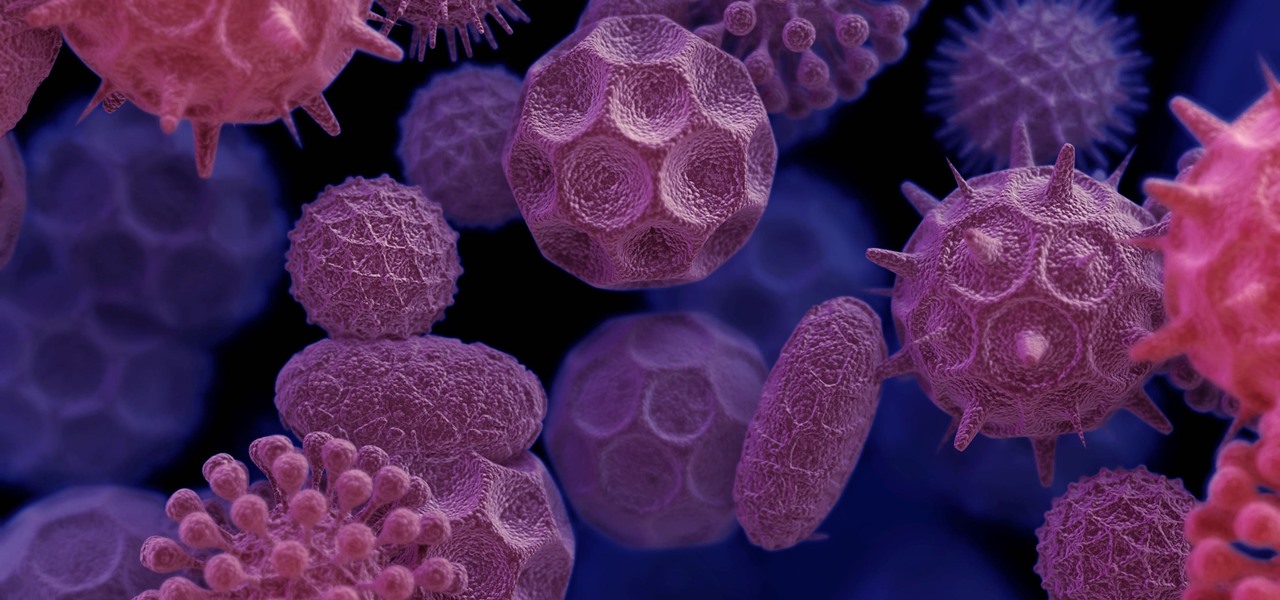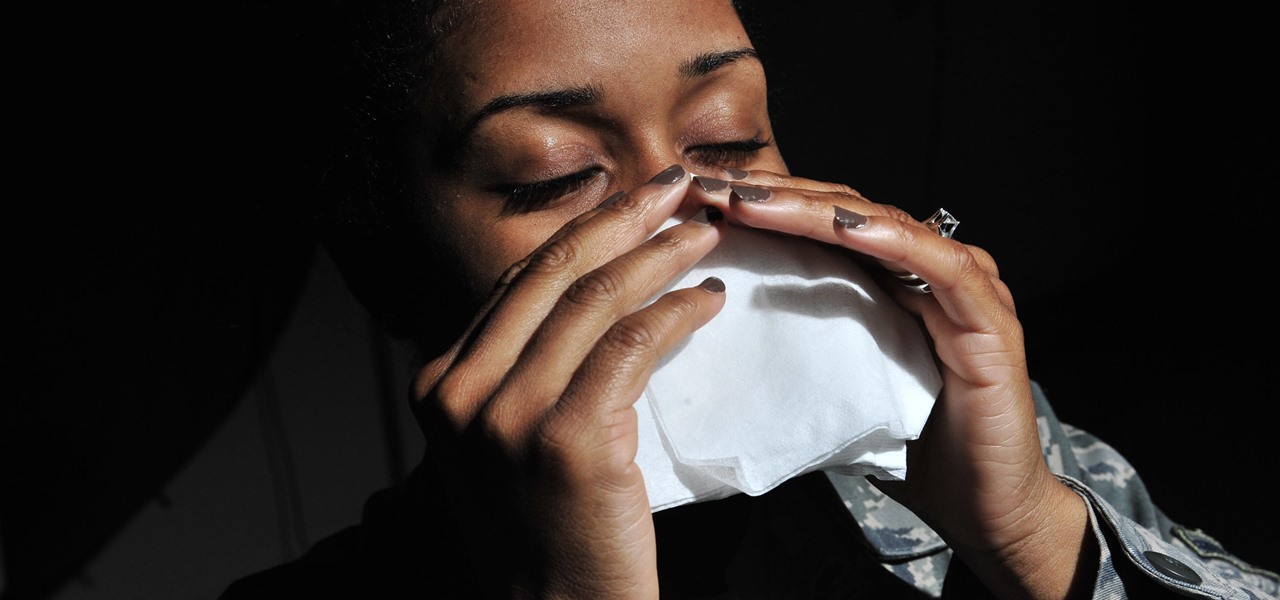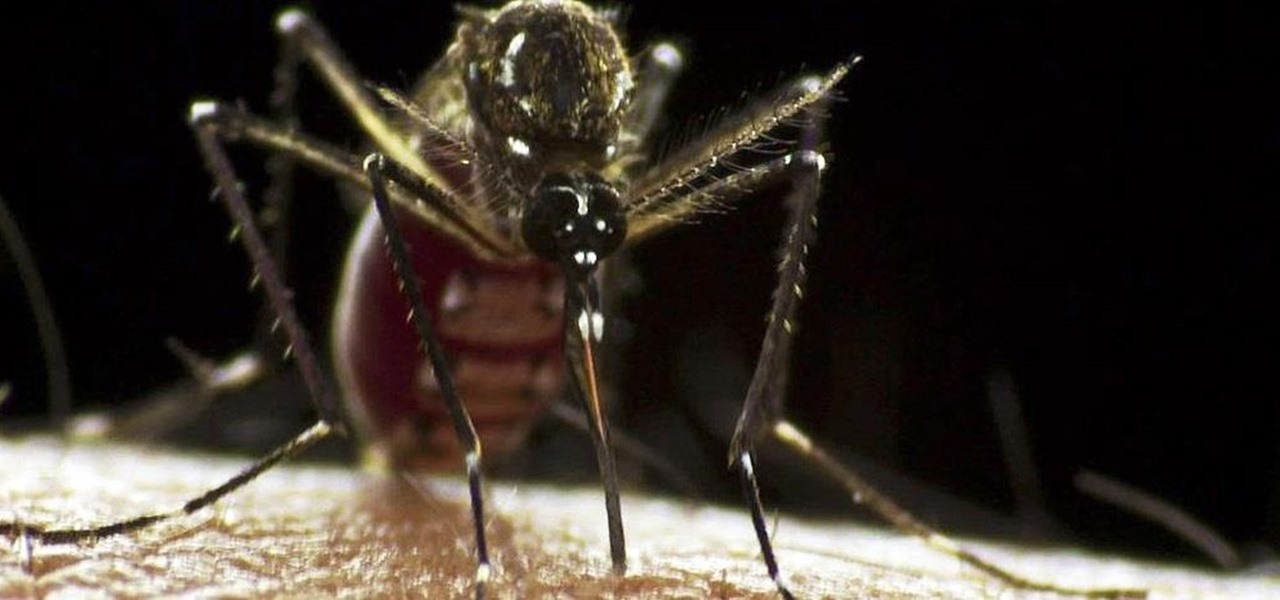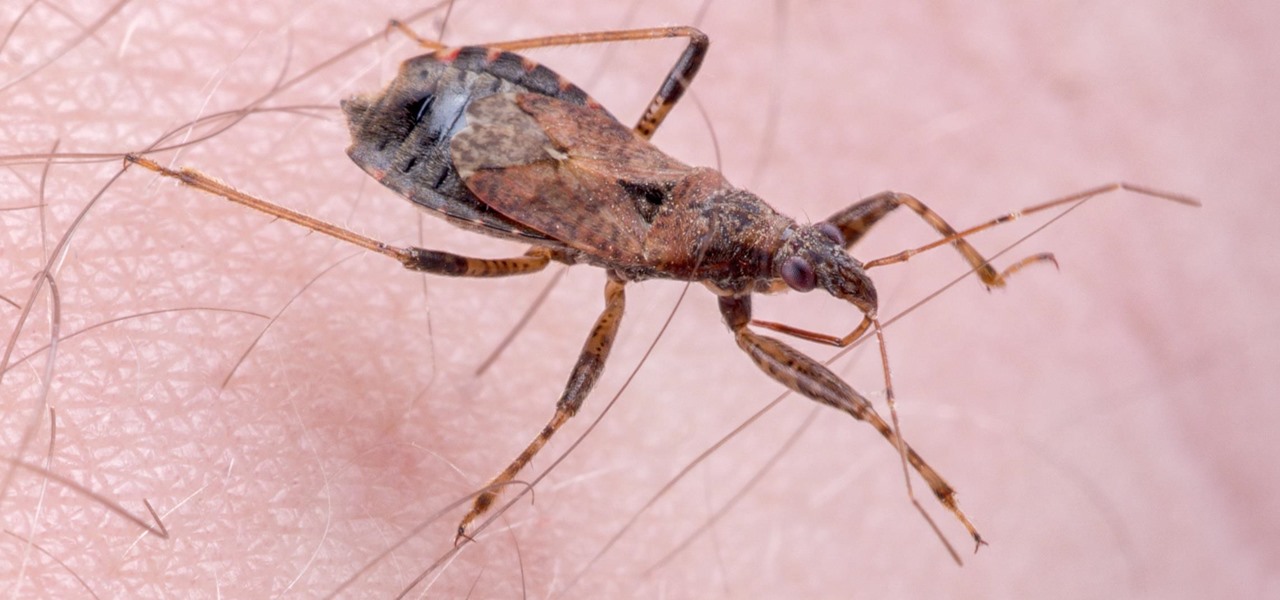Hot Invisiverse Posts


News: Grindr Conversations Confront the Major Stigma Surrounding HIV in Recent Project
With significant advancements in the treatment and prevention of HIV, you'd think the stigma surrounding the deadly virus and AIDS, the syndrome the infection causes in the body, would have lessened. Unfortunately, a new project looking at conversations on Grindr — a social networking app for gay, bi, curious, and queer men — has shown that this stigma is very much present.
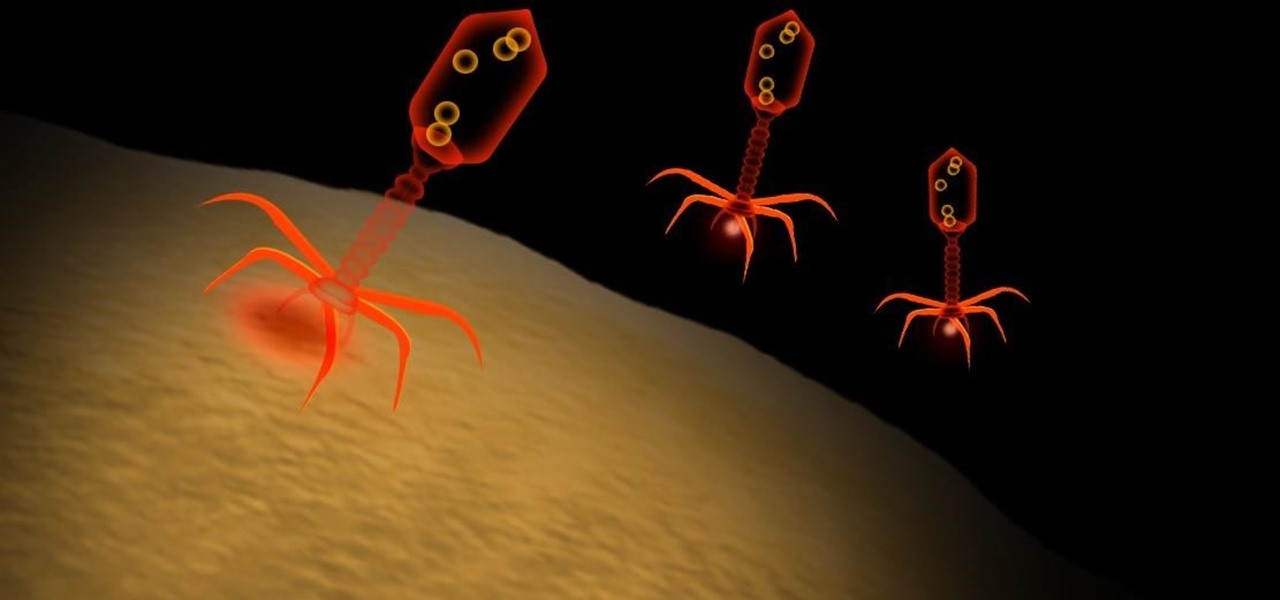
News: Intestinal Viruses Directly Associated with Development of Type 1 Diabetes
Type 1 diabetes is an attack on the body by the immune system — the body produces antibodies that attack insulin-secreting cells in the pancreas. Doctors often diagnose this type of diabetes in childhood and early adulthood. The trigger that causes the body to attack itself has been elusive; but many research studies have suggested viruses could be the root. The latest links that viruses that live in our intestines may yield clues as to which children might develop type 1 diabetes.
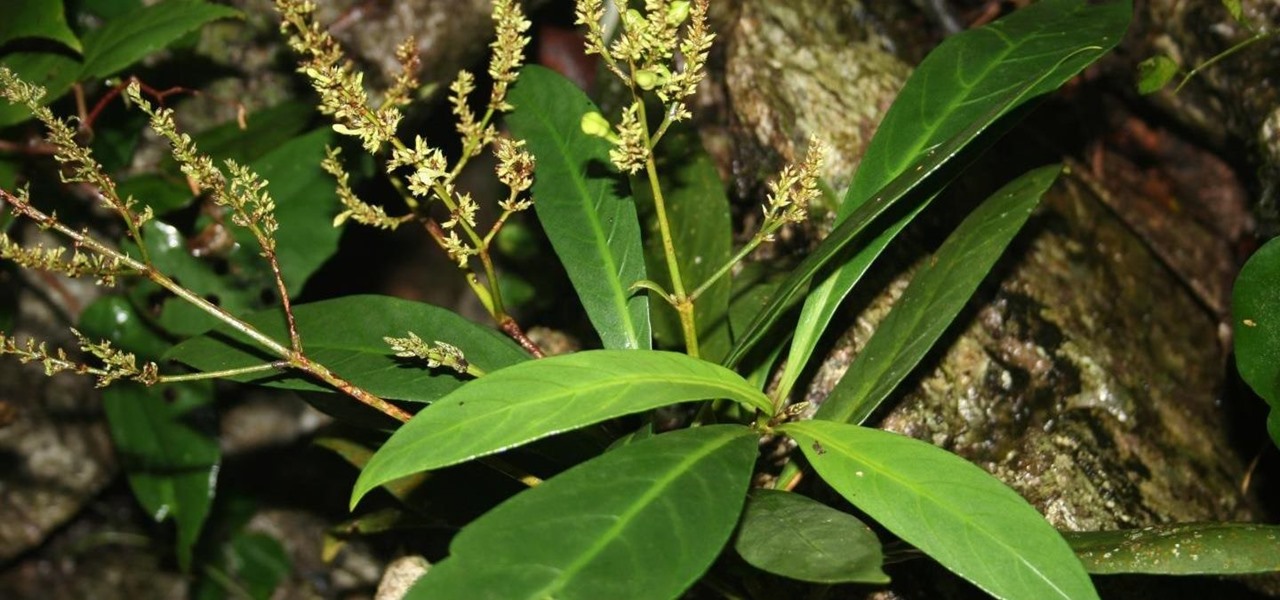
The Giving Plant: Same Asian Plant Used for Arthritis Treatment Gives Us Powerful HIV Drug
Natural remedies used through the ages abound, especially in Asian medicine. The willow-leaved justicia plant, found throughout Southeast Asia, has traditionally been used to treat arthritis, but scientists have just discovered it contains an anti-HIVcompound more potent than AZT. AZT was the first drug approved to treat HIV, and is still used in HIV combination therapy today.

News: Like Peaches? Protective Virus Could Save Millions of Dollars in Fruit from Fire Blight
Peach trees and other related plants are susceptible to the devastation caused by fire blight, a contagious bacterial disease. Once contracted, infected trees have to be burned to contain the disease and prevent spread to nearby trees. Increasing resistance to antibiotic treatment has sent scientists in search of alternative ways to deal with the bacteria and prevent its catastrophic damage.

Heart Patients Beware: More Than One-Third of Bypass Equipment Potentially Contaminated with Deadly Bacteria
More bad news for patients who have undergone heart surgery in the past five years. A new study suggests about one-third of heater-cooler units used in cardiac procedures remain contaminated with a slow-growing, potentially fatal bacteria.

News: Undergrad Student Scientist Made Beer Good for You — and Your Gut Microbes — by Adding Probiotics
When Chan Mei Zhi Alcine chose her senior project, she thought outside the box by thinking inside the bottle. Along with a research team at her university, she found a way to combine health and enjoyment, while meeting a challenge not so definitively met before in alcoholic beverages. She and a research team at her university claim they've created the world's first probiotic sour beer.
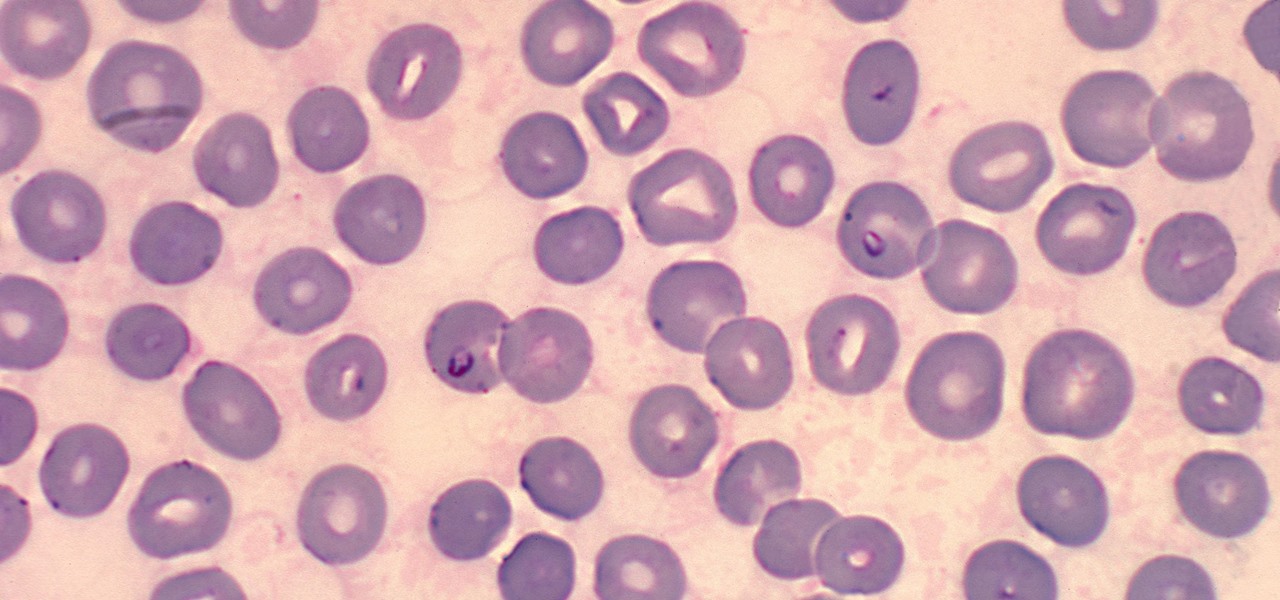
News: CDC Reports 2600% Increase in Tick-Borne Babesiosis Infections in Wisconsin in 12 Years
It is not just a bad summer for ticks — it has been a bad decade for the spread of tick-borne infections. New surveillance from the CDC reports rapid expansion and increase in cases of babesiosis, a sometimes life-threatening disease, in Wisconsin.

News: Chemical Cocktail on Mars Makes Microbial Life There Unlikely
A new study casts real suspicion on the possibility of life on Mars. Why? It seems the surface of the planet may be downright uninhabitable for microbial life as we know it.

News: Climate Change Might Stir Up Dangerous Dust Microbiome
Just like your gastrointestinal tract, and the soil we walk on — a dust storm has a collection of bacteria, fungi, and viruses all its own called a "dust microbiome."
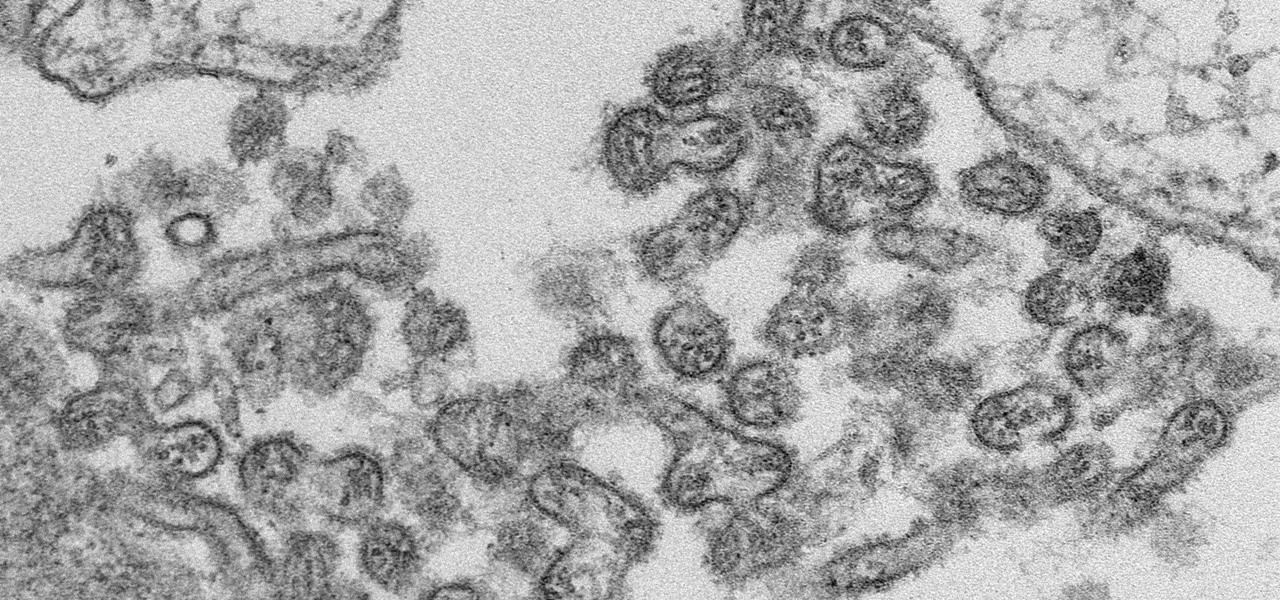
News: New Case of Mysterious Bourbon Virus in Missouri
A new case of the still-mysterious Bourbon virus was confirmed in Missouri, likely originating within the state, local authorities said in a June 30 press release.

News: What to Do if You Think Your Child Has Lyme Disease
Primarily caused by the bacteria Borrelia burgdorferi, Lyme disease is the most common tickborne disease in the US. By all predictions, 2017 is expected to be a banner tick year in several regions. If you have children, it is important to know what to expect.

News: What Microbes May Be Living in the Oceans of Europa & Enceladus
Earlier this year, NASA reported on findings that might point to water, and microbial life, on moons orbiting Jupiter and Saturn. Named Europa and Enceladus, those moons contain large oceans under their icy surfaces, which many speculate could hold microbial life.

News: Skip the Antibacterial Soap — It Isn't Helping & It Could Cause Problems
The best go-to method for reducing your risk of infection is to wash your hands. Next time you reach for the soap, here is some news you can use.

Mystery Solved: Oil-Munching Bacteria Helped Clean Up the Deepwater Horizon Oil Spill
The Deepwater Horizon oil spill that began on April 20, 2010, was the largest maritime oil spill in history. Killing 11 people and discharging 4.1 million barrels of oil and natural gas into the Gulf of Mexico, the event was an unparalleled personal, environmental, and business disaster. It was also the first major oil spill to take place in the deep ocean.
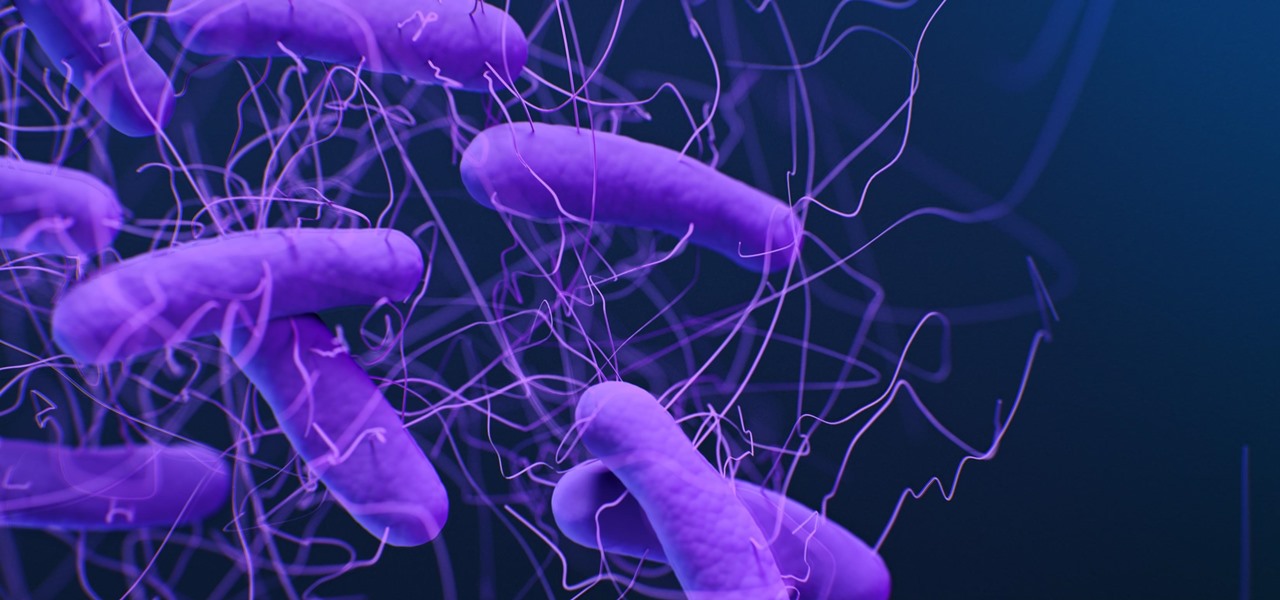
News: Long-Term Follow-Up Shows Lasting, Positive Impacts of Fecal Transplants
As unappealing as it sounds, transplants with fecal material from healthy donors help treat tough Clostridium difficile gastrointestinal infections. Researchers credit the treatment's success to its ability to restore a healthy bacterial balance to the bowels, and new research has shown that the transplanted bacteria doesn't just do its job and leave. The good fecal bacteria and its benefits can persist for years.
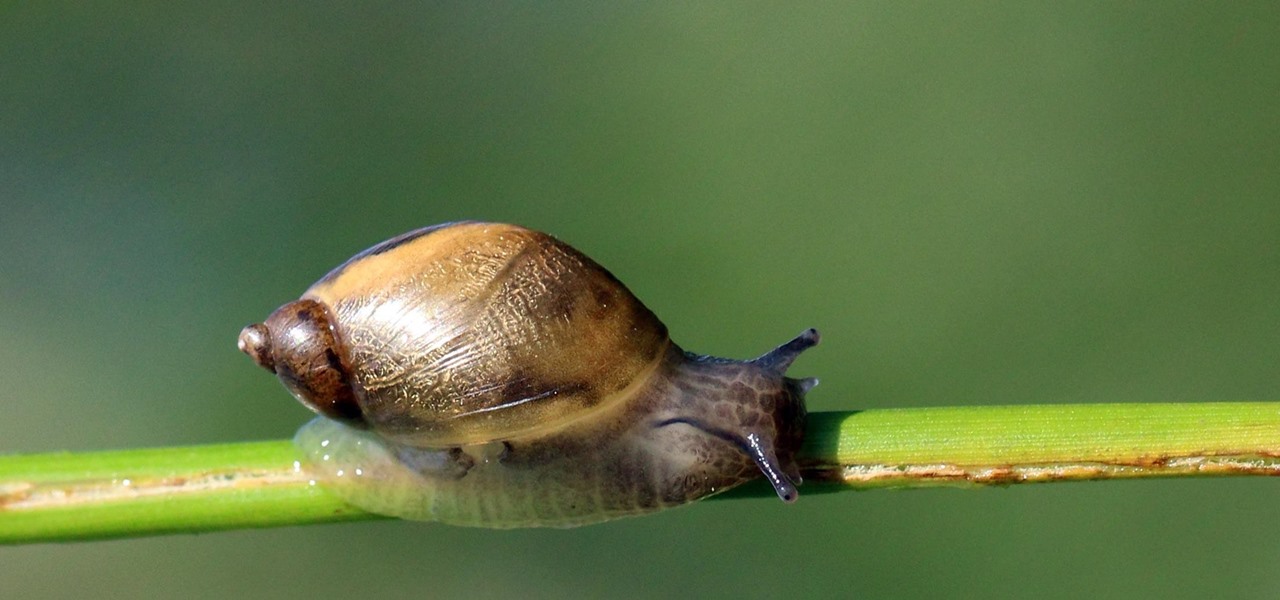
News: Deadly Lungworm Parasite Spread by Rats & Snails Is More Prevalent Than We Thought
Deadly rat lungworm parasites have found their way into Florida. The parasitic worm relies on snails and rats to complete its life cycle, but don't let this nematode's name fool you. This worm can cause meningitis and death in humans who inadvertently consume snails, frogs, or crustaceans harboring the infective parasite.
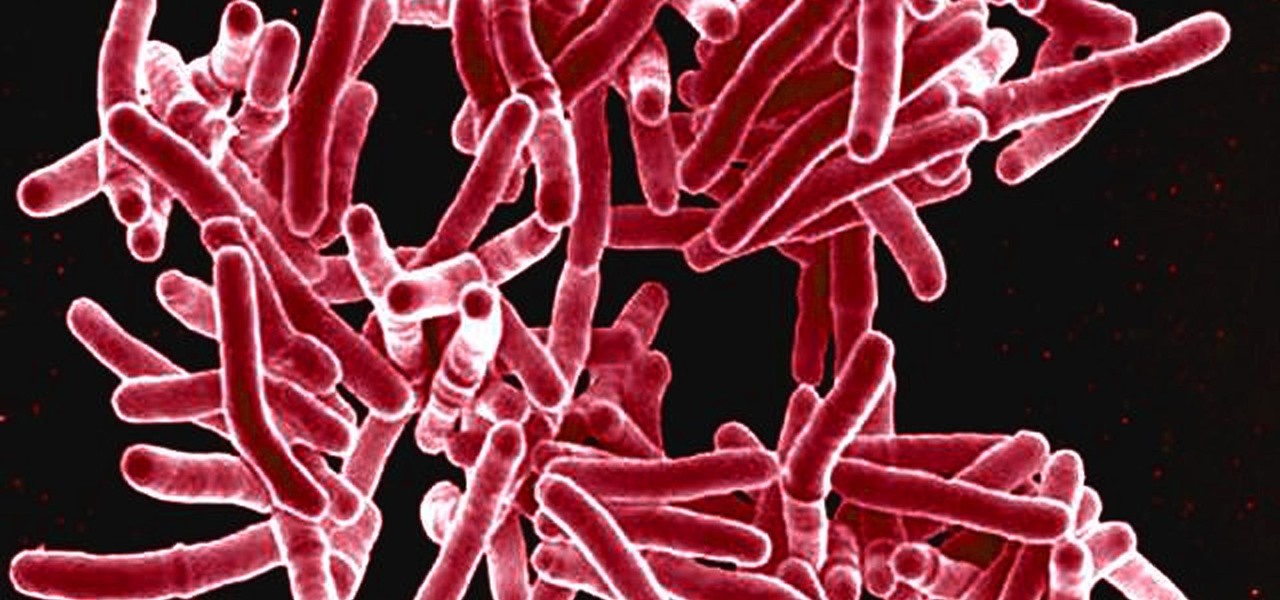
News: Natural Antibiotic from Cystic Fibrosis Patient Knocks Out TB
A promising new antibiotic has been discovered in, of all things, another bacteria. Burkholderia bacteria live in diverse habitats, including soil, plants, and humans where they thrive by knocking out other microbes that compete with them for resources or threaten their existence. Scientists have discovered they accomplish this by producing a very effective antibiotic.
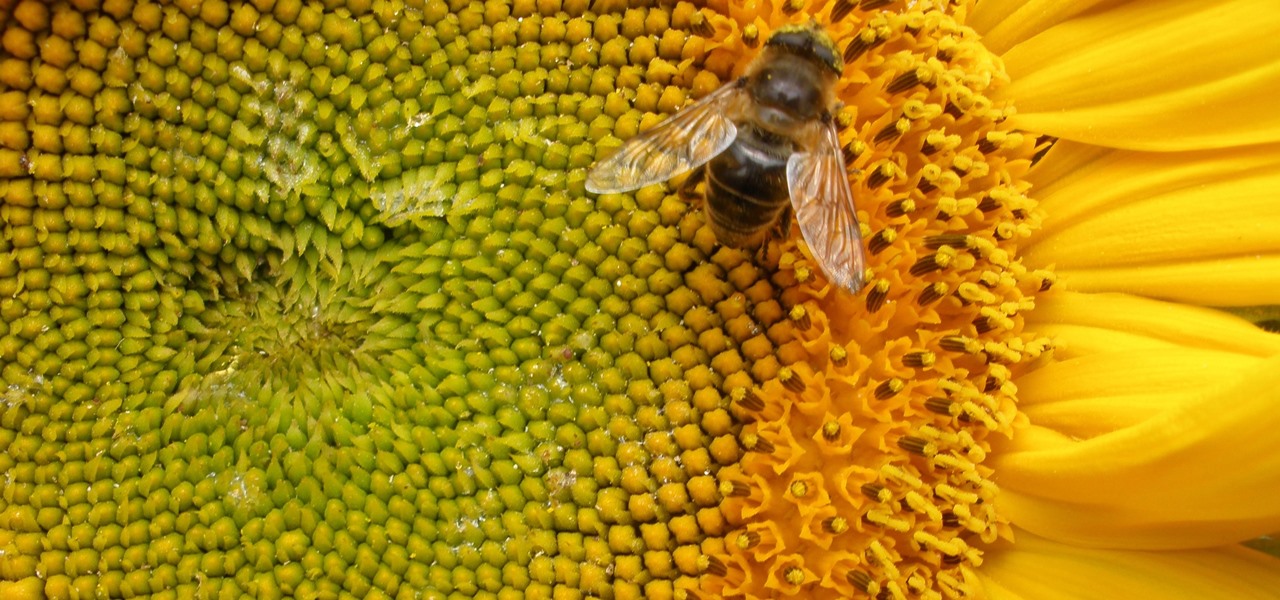
News: Biggest Bee Study Yet Shows Devastating Effects of Neonicotinoids Across the Globe
By connecting the dots between theory and real-life effect, two new studies offer more proof that neonicotinoid insecticides are causing extensive damage to honeybee colonies.
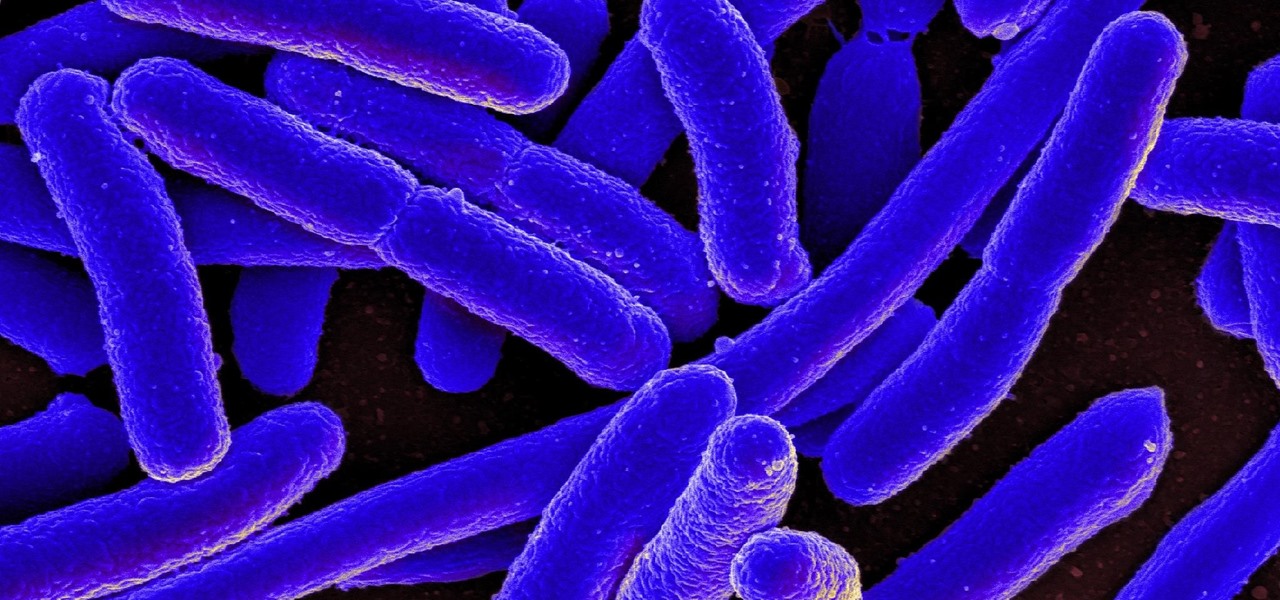
Mystery Solved: Cellular Pumps Help E. Coli Beat Antibiotics
New research reveals how E. coli bacteria construct elaborate and effective tunnels to pump unwanted molecules like antibiotics and other toxins out of cells. The discovery could help us better understand how antibiotic resistance occurs and give us a leg-up to beat them at their own game.
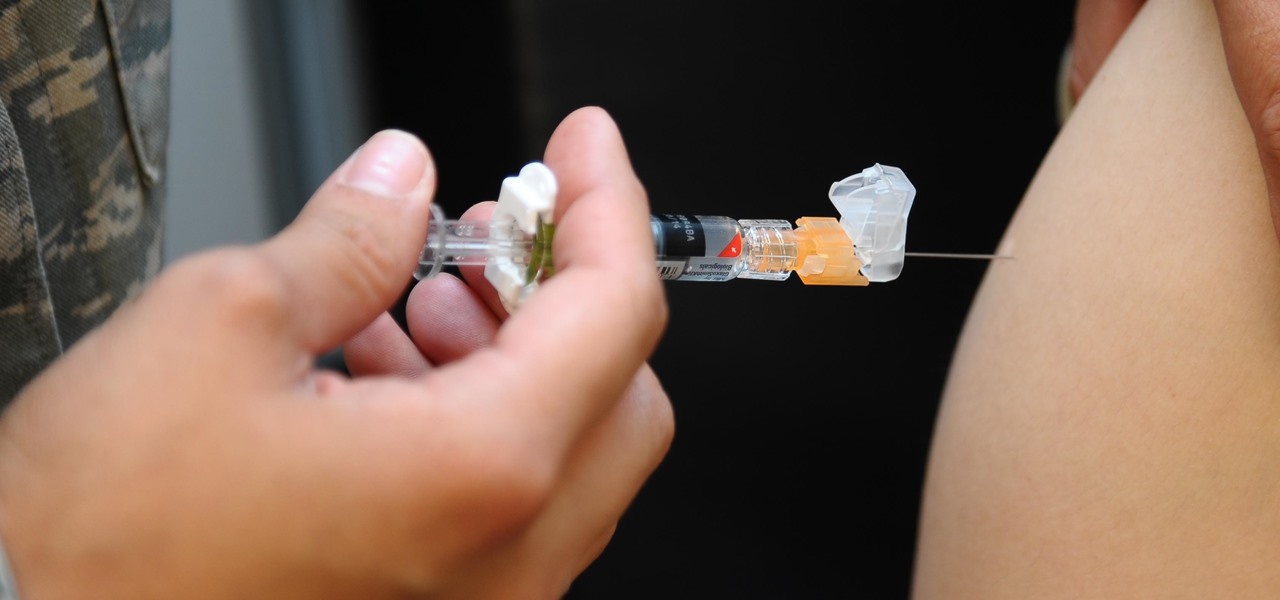
News: Afraid of Needles? You'll Have No Excuse Not to Get Vaccinated with New Painless Flu Patch
A new medical development is going to change the way many of us look at getting the flu vaccine. A painless flu vaccine skin patch is making needles and vials a thing of the past. Researchers from the Georgia Institute of Technology and Emory University have shown that a flu vaccine can be administered safely and comfortably with this new patch, which delivers the vaccine through a matrix of tiny dissolving microneedles.
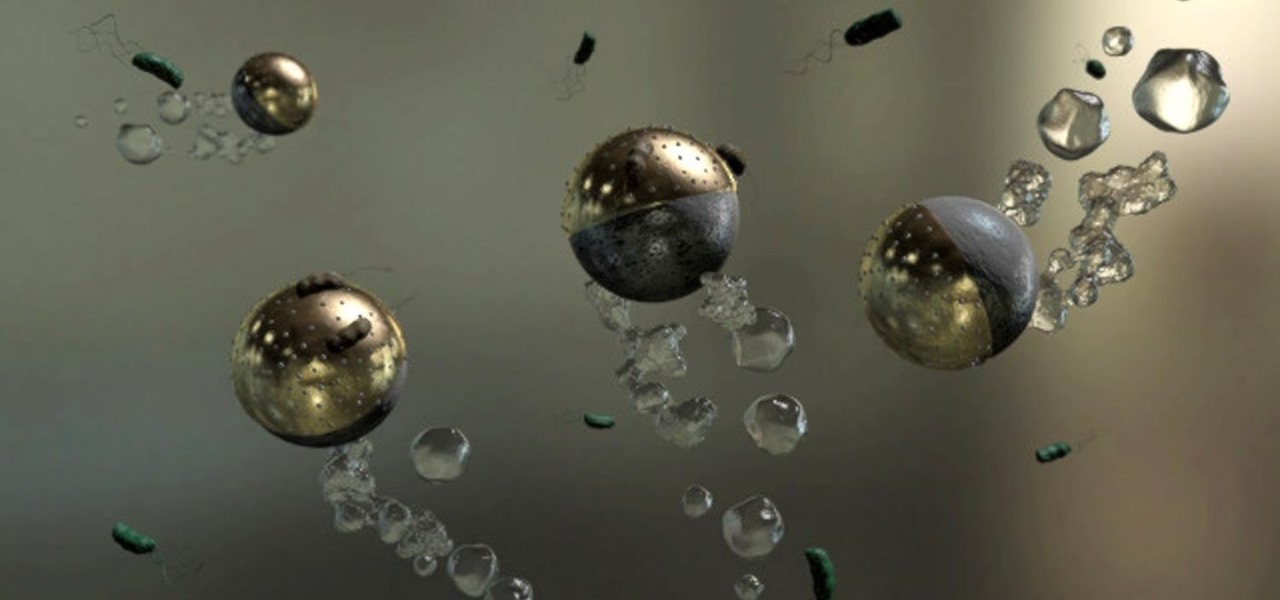
News: Microbots to the Rescue! Swimming Bots Kill Bad Water Microbes
Look no further than Flint, Michigan, to discover the serious consequences of contaminated drinking water. Around the world, water polluted by pathogens and toxins sickens people or cuts them off from safe drinking water. Looking for a solution, researchers created tiny, swimming robots that pack a powerful punch against waterborne pathogens.
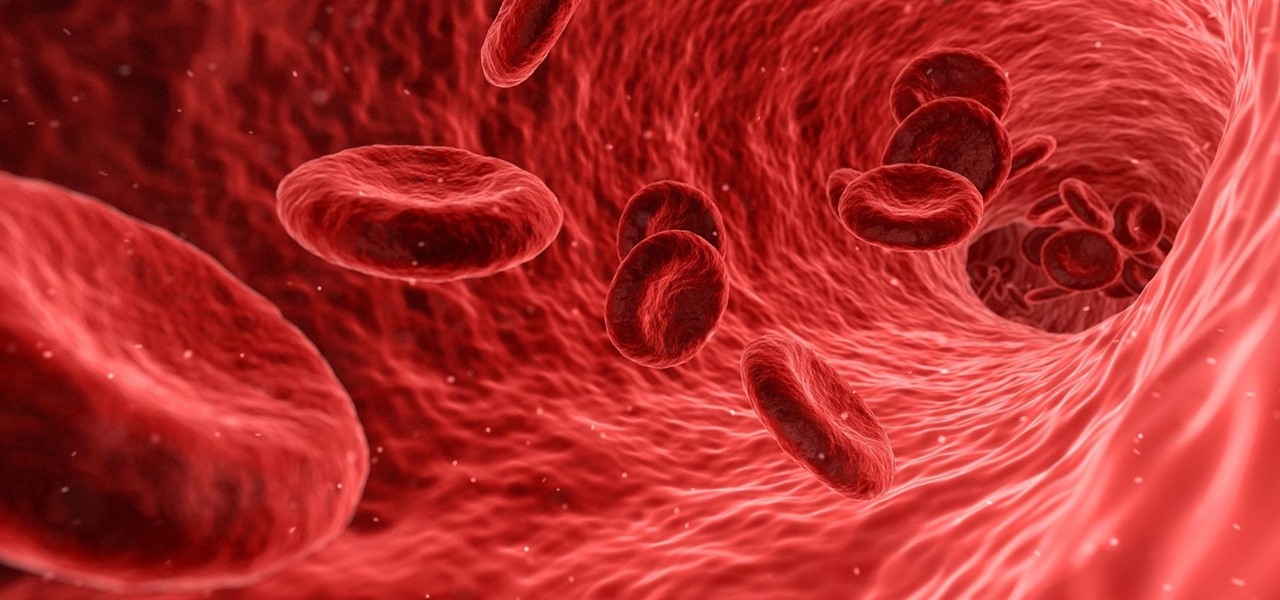
News: How Gut Bacteria Increase Your Risk of Heart Attack and Stroke
The evidence is mounting and is becoming indisputable: Gut bacteria play a role in strokes and heart attacks. The link may seem a little far-fetched, but cardiovascular disease may have less to do with what we eat and more to do with what chemicals gut bacteria make from the food we eat.
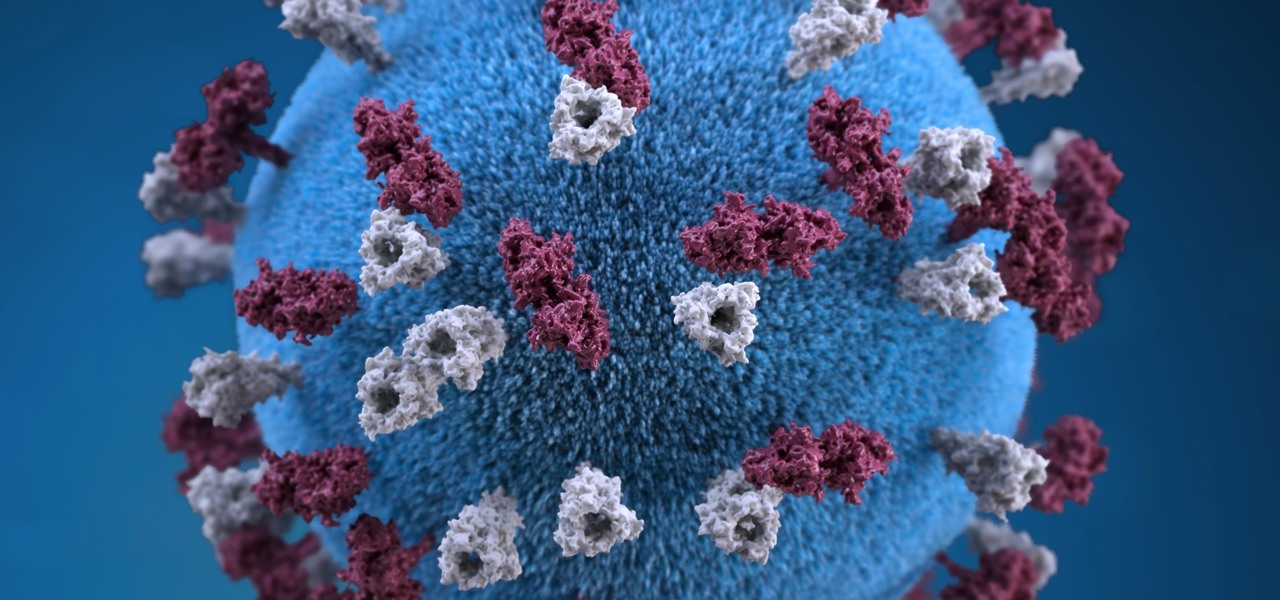
News: Maine Just Got Their First Case of Measles in 20 Years
Maine reported their first measles case in 20 years yesterday, June 27, in a press release from the Maine CDC. Many other people may have been exposed and could show signs of infection soon, with the potential for outbreak brewing. The last measles case in Maine was in 1997.
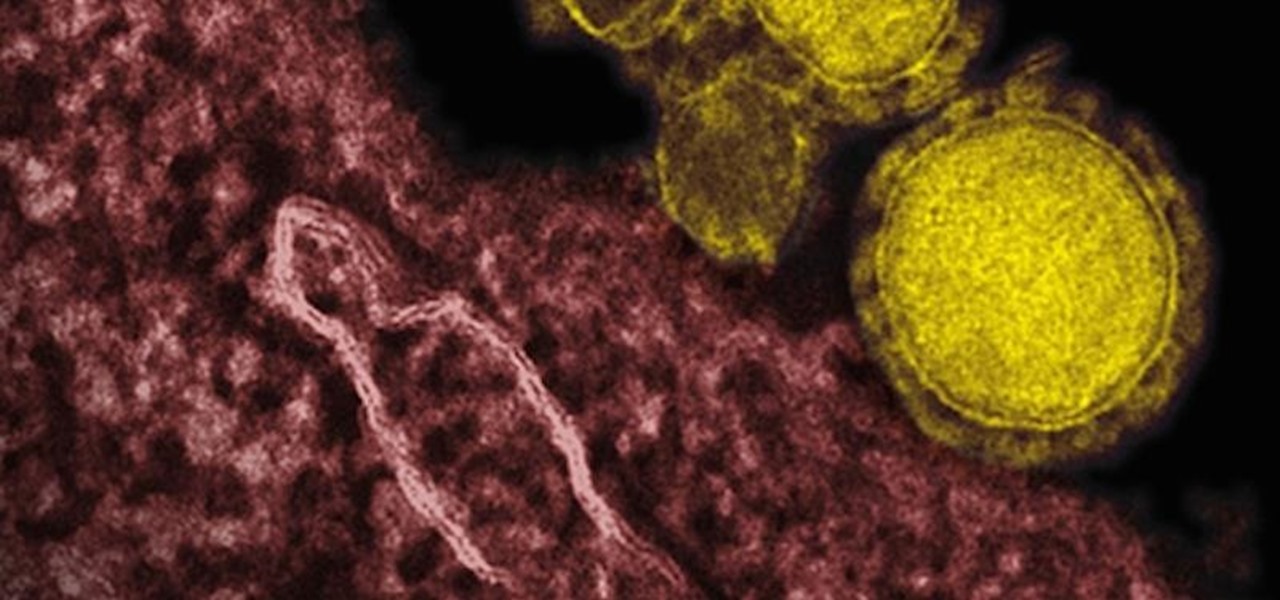
News: Ebola Drug May Offer Safe and Effective Treatment for SARS & MERS
Coronaviruses are common viruses, and most of us catch one at some point — they cause about 30% of all common colds. A new accidental discovery could help fight these viruses, even the deadlier, emerging ones.

News: How to Get Rid of Bed Bugs Using Less Pesticide
Bed bugs are parasites not yet known to spread disease — but they cause plenty of irritation. As scientists and landlords search for new ways to deal with the pests, a new study examines how we can deter bed bugs without so many chemicals.

News: 'Useless' Antibiotics Work When Matched Up in Threes
The search is on to find antibiotics that will work against superbugs — bacteria that are rapidly becoming resistant to many drugs in our antibiotic arsenal.
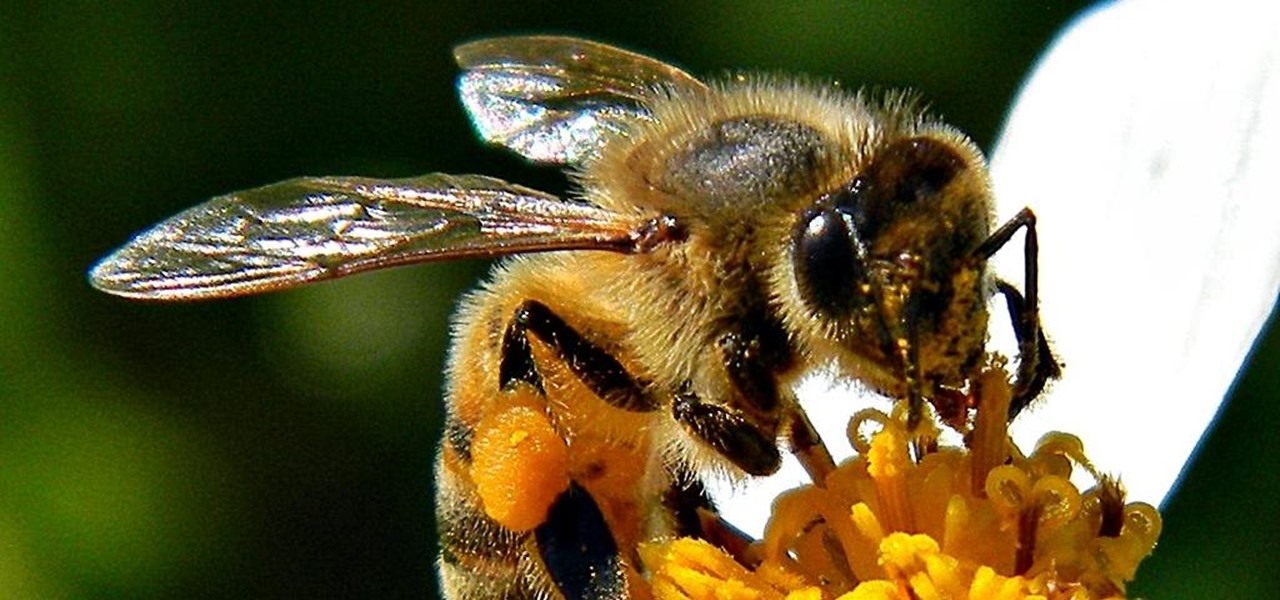
News: Even Bees Need Probiotics Now
Most people are familiar with the decline of honeybee colonies around the world. Among other threats, Colony Collapse Disorder (CCD) is eroding the capability of honeybees to maintain their hives and provide their services to human farmers.

News: How Parental Choice Not to Vaccinate Kids Starts and Spreads Pertussis Outbreaks
It's not always easy to get to the root of an infection outbreak. Epidemiologists study infected people, contacts, and carefully examine where the infections happened and when. In the case of a 2012 outbreak of pertussis — whooping cough — in Oregon, scientists just published an analysis of how vaccination status affected when a child became infected during the outbreak.
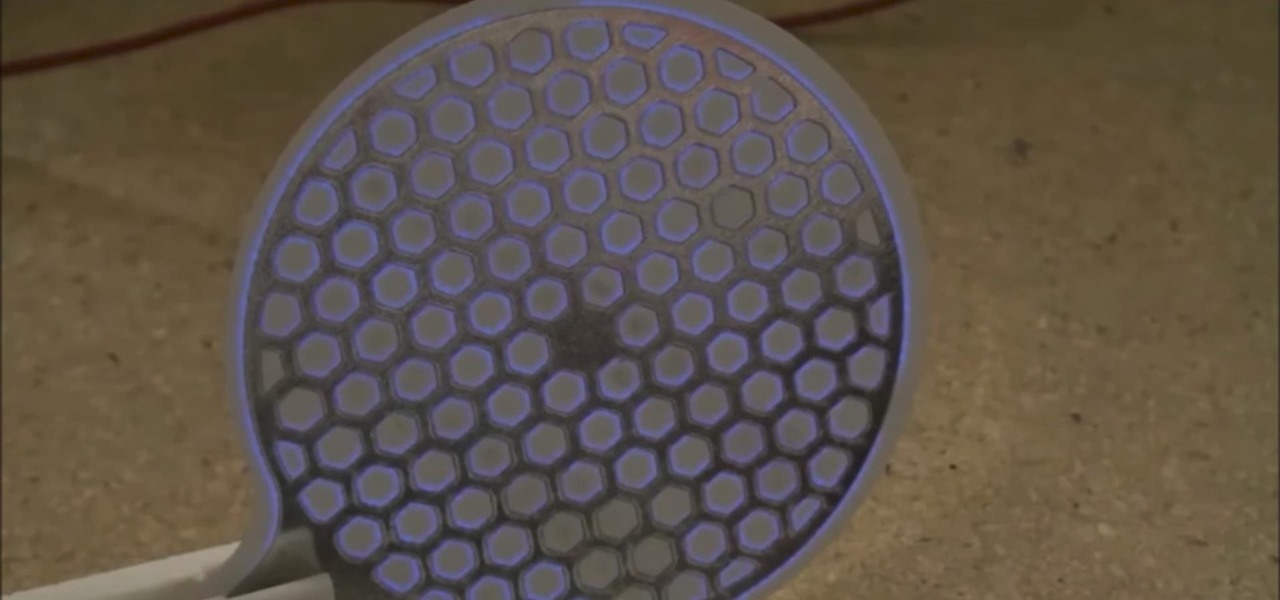
News: New Paper-Based Sanitizer Is a Wearable Microbe-Killing Material
What would it be like to have clothing that killed microbes? Or paper that repelled pathogens? A research team from Rutgers University has developed a prototype out of metalized paper to zap the bad guys without being super expensive. Sound good? Read on.

News: Scientists Found an Antibody That Burns Belly Fat (In Mice)
Bone loss and belly fat may no longer be certain fates of menopause, thanks to new research from an international team of scientists.

News: Nasty Side Effects & Resistance — Do You Need More Reason to Stop Taking So Many Antibiotics?
Despite the threat of superbugs, physicians continue to prescribe antibiotics when they might not be needed, and patients are suffering.

News: Legionnaires' Risk Growing in NYC as Weather Warms
The number of Legionnaires' cases in New York over the last couple weeks has led to concern and recommendations of caution for those at risk.
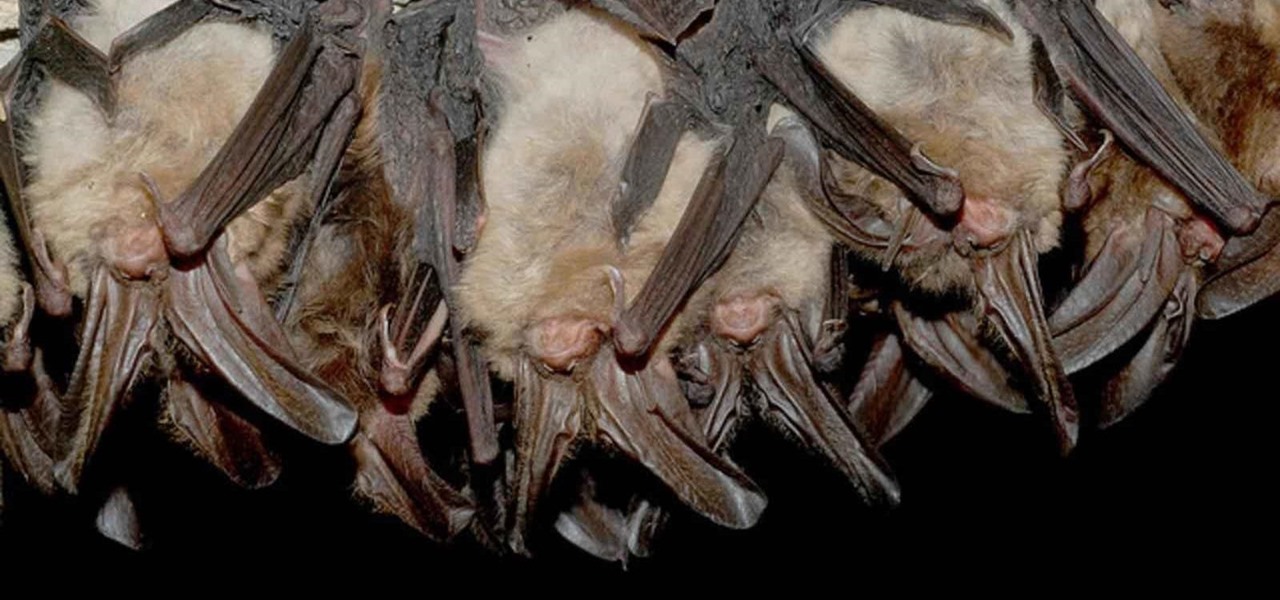
News: Bats & Viruses — Friend or Foe?
Tell the truth. The bat picture creeps you out. You are not alone. But in reality, bats truly are some of our best friends. They gobble thousands of disease-spreading bugs a night. But they also carry viruses that can be deadly to humans. So, bats — friend or foe?

News: New Approach Could Be Silver Bullet Against Antibiotic Resistant E. Coli & Other Gram-Negative Bacteria
Some types of bacterial infections are notoriously tough to treat — and it's not all due to antibiotic resistance. The bacteria themselves are rugged and hard to penetrate with drugs.
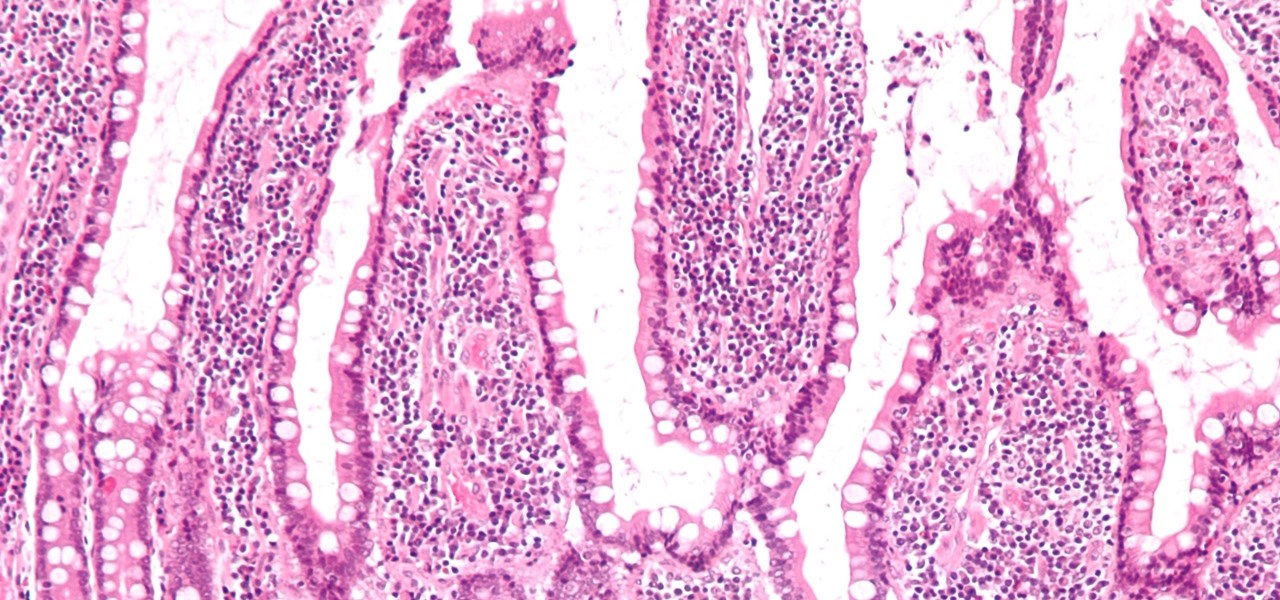
News: Sentinel Nerve Cells Spy on the Intestines, Linking Gut & Brain
If the all the fingerlike projections in our gut were flattened out, its surface area would be 100 times bigger than our skin's. It's so large that the actions of just a small part of it can impact our health. A new research study has found that enterochromaffin cells in the intestinal lining alert the nervous system to signs of trouble in the gut — trouble that ranges from bacterial products to inflammatory food molecules.
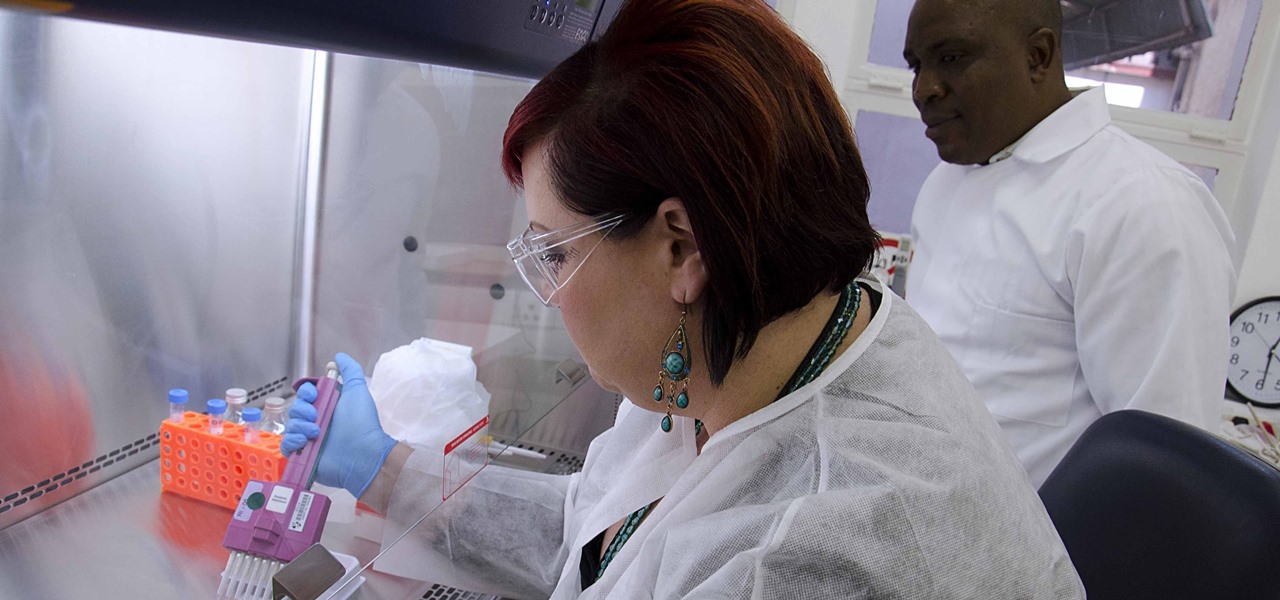
News: Latent HIV Can Hide, but Can't Escape Detection with New Test
HIV infections persist despite treatment that successfully decreases viral blood levels to the point where doctors can't detect the virus. But that doesn't mean the person is cured. The virus hides in the body, not replicating, just waiting for a chance to jump out of the shadows and reemerge.
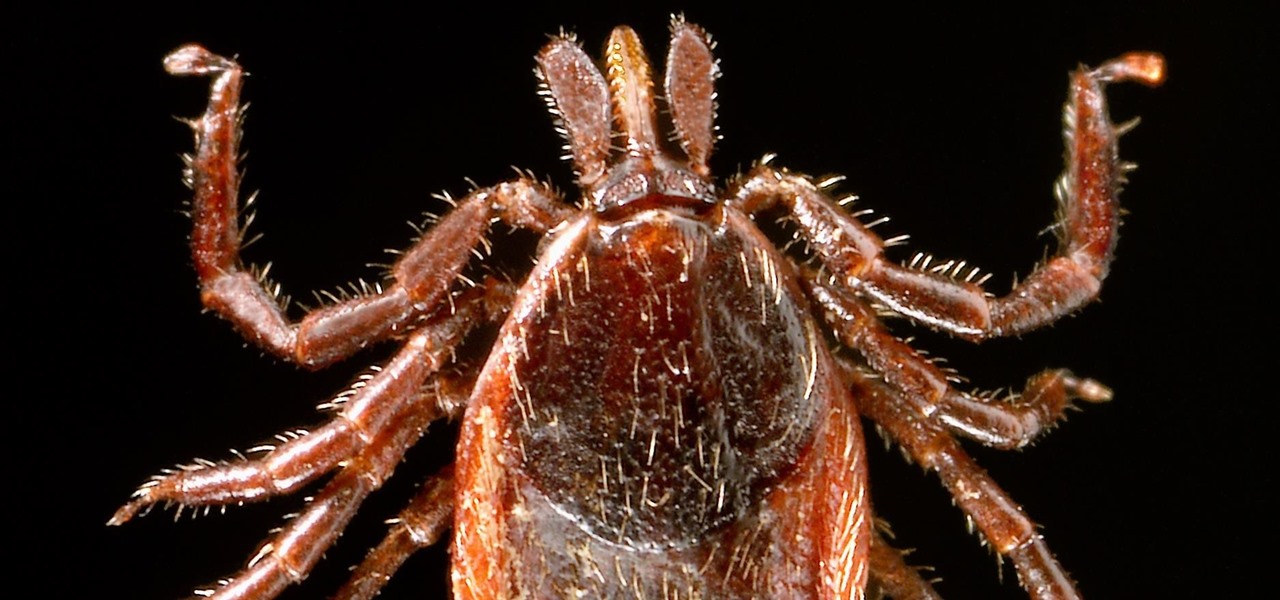
Tick-Borne Terror: Anaplasmosis — Symptoms, Sources & Risks
If you know that ticks spread Lyme disease, you may already know you might also catch a bunch of other infections from them. One of the lesser-known diseases spread by ticks is infection with the bacterium Anaplasma phagocytophilium, called anaplasmosis.
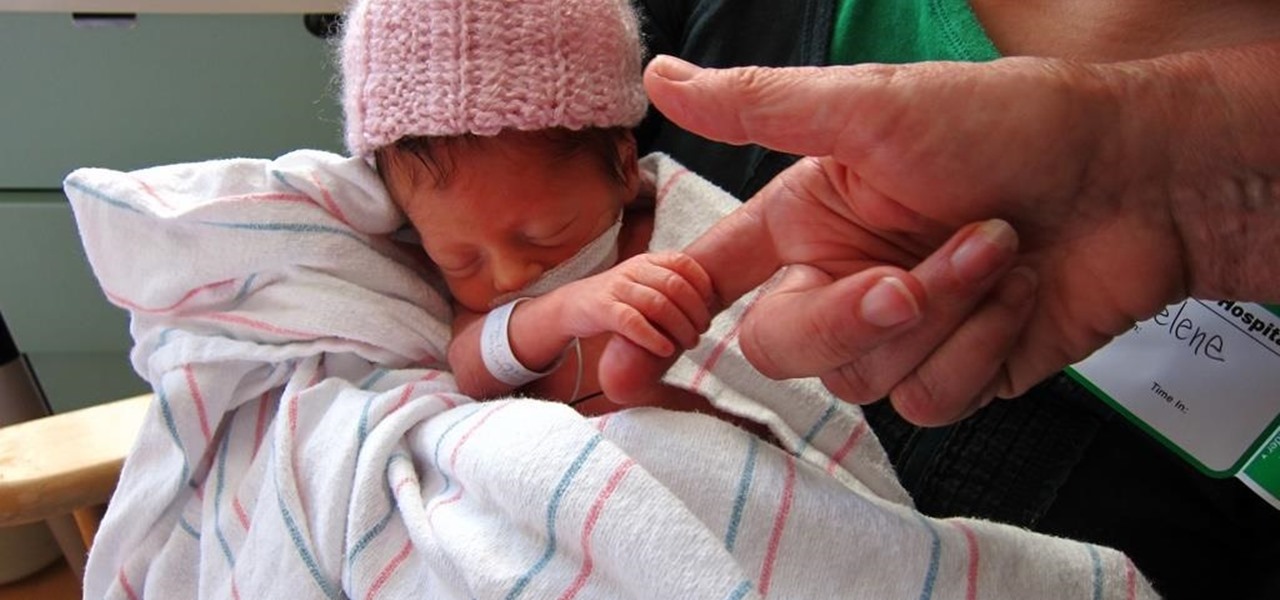
News: New Treatment Could Save 100,000 Babies a Year from Deadly Respiratory Virus
Respiratory Syncytial Virus (RSV) is the most commonly occurring lower respiratory tract viral infection in young children and usually isn't serious, but in premature infants and babies under six months old, the infection can be severe, and even fatal.

News: Soil Microbes Are Key to Understanding Climate Change on (& in) The Ground
That soil under your feet is not just dirt. It is teeming with life that may not change as fast as we would like when challenged by global warming.
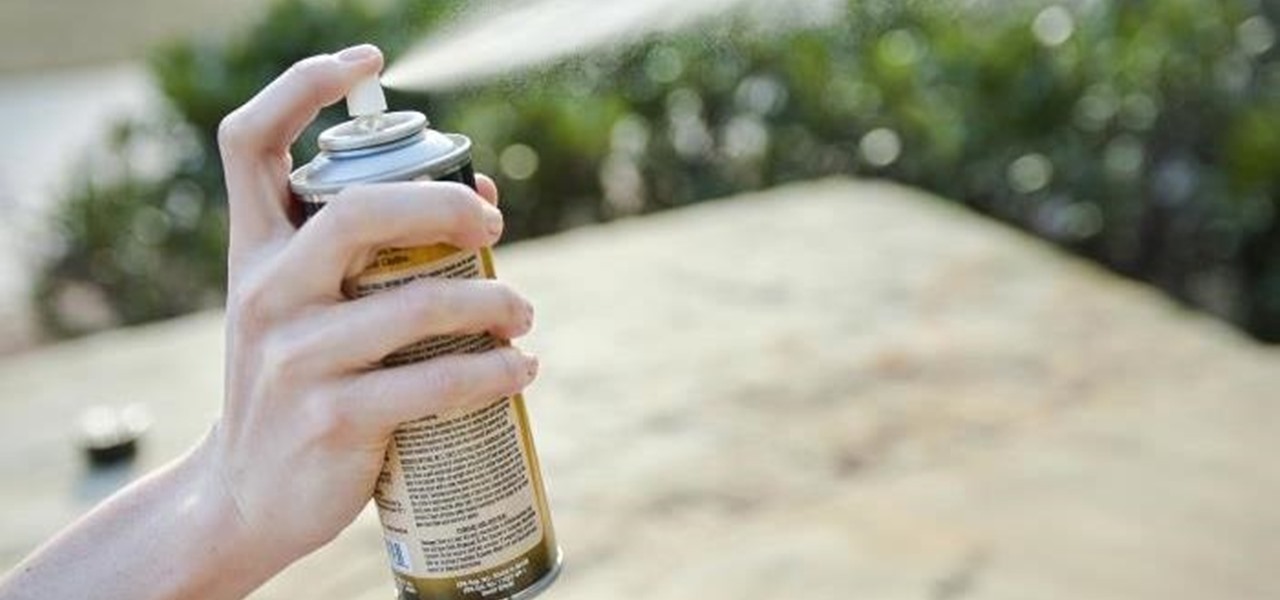
News: New Map Shows Where Zika Mosquitoes Live in the US
As summer heats up, new maps from the Centers for Disease Control and Prevention (CDC) gives us our best guess at where Zika-carrying mosquitoes could be hanging out this year in the US.
